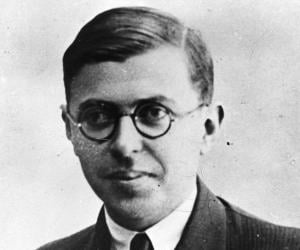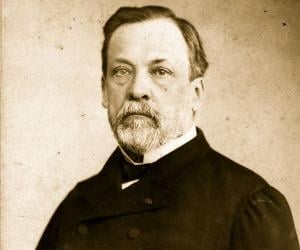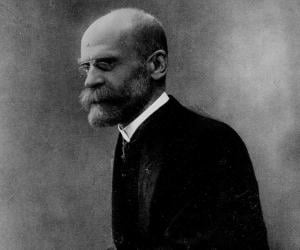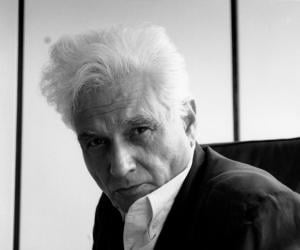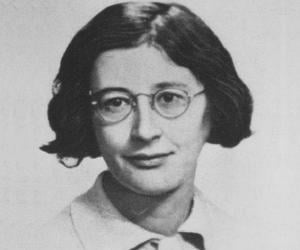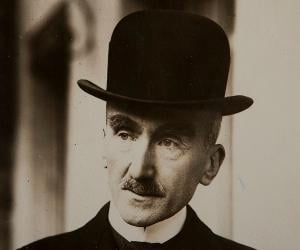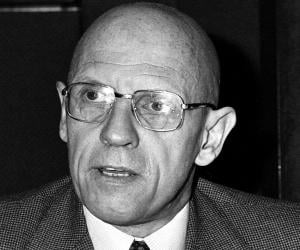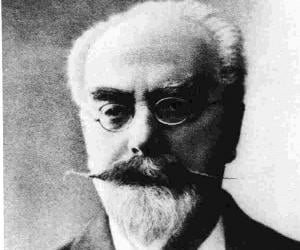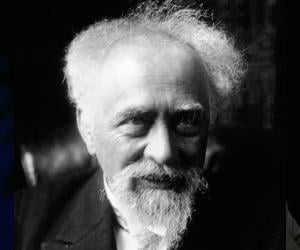Jean-Paul Sartre was a French philosopher, writer, literary critic, and political activist. One of the most important personalities in the philosophy of phenomenology and existentialism, Sartre played a crucial role in 20th-century French philosophy. His work continues to influence literary studies, post-colonial theory, sociology, and critical theory. He was honored with the 1964 Nobel Prize in Literature.
Emile Durkheim was a French sociologist. He is credited with establishing the discipline of sociology for academic purposes and is widely regarded as the chief architect of modern social science. During his lifetime, Emile Durkheim published several works on topics like morality, religion, and education. He also played a major role in the development of sociology and anthropology as disciplines.
Jacques Derrida was a French philosopher remembered for developing deconstruction, a form of semiotic analysis. Derrida is one of the most influential figures associated with postmodern philosophy and post-structuralism. He also had a major influence on academic disciplines like philosophy, law, political theory, anthropology, applied linguistics, and historiography. He also influenced music, art criticism, art, and architecture.
French philosopher, Henri Bergson, is remembered for his contribution to the tradition of continental philosophy. His works were considered extremely influential, especially during the first half of the 20th century. He received the Nobel Prize in Literature (1927) and Grand-Croix de la Legion d'honneur (1930). He was a simple man who led a humble life despite his great achievements.
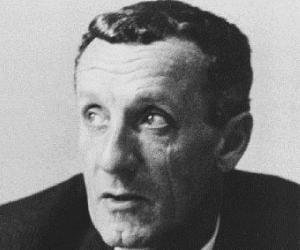
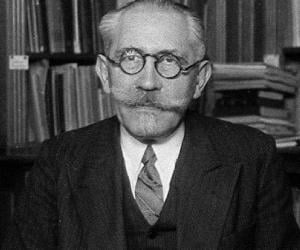
Best known for developing the Langevin dynamics and the Langevin equation, physicist Paul Langevin was also a staunch Communist. Having worked on his doctoral thesis under Pierre Curie, he had formed a connection with Curie’s wife, Marie Curie, which developed into a full-blown love affair after Pierre’s death.
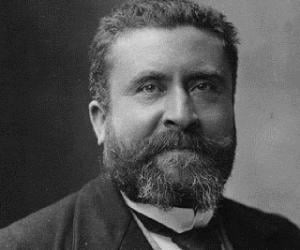
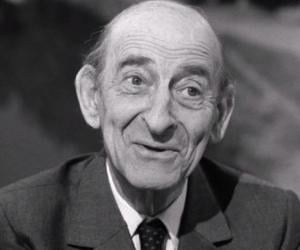
Best known for his book The Opium of the Intellectuals, Raymond Aron was one of the most influential thinkers of his time. While he initially taught social philosophy, he also served the French air force during World War II. He also had long-term stints as a columnist for Le Figaro and L’Express.
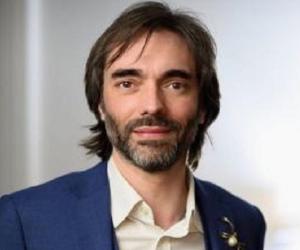
Fields Medal-winning French politician and mathematician Cédric Villani works mainly on mathematical physics, partial differential equations and Riemannian geometry. He serves as Member of the National Assembly for Essonne's 5th constituency, after being elected during the 2017 legislative election. He was a member of La République En Marche! but defected later to form the political party Ecology, Democracy, Solidarity.

Édouard Louis is a French writer whose literary work is often inspired by the hardships that he faced during his childhood. His autobiographical novel En finir avec Eddy Bellegueule, which became the subject of extensive media attention, was praised for its compelling story. The novel earned him the 2014 Pierre Guénin Prize.
If others thought the body was the prison of the soul, Paul-Michel Foucault felt the other way round. The French philosopher, literary critic and Leftist who interpreted the link between power and knowledge, was a post-structuralist whose theories have left a mark on anthropology, psychology and criminology. The feminist was one of the noted personalities to have died of HIV/AIDS.
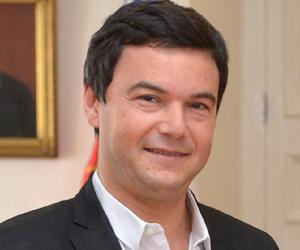
French economist and professor Thomas Piketty is best known for his book Capital in the Twenty-first Century, which became a New York Times bestseller. He has taught at prestigious institutes such as LSE and MIT. He proposed taxing the rich to prevent high incomes and not merely to increase government revenue.
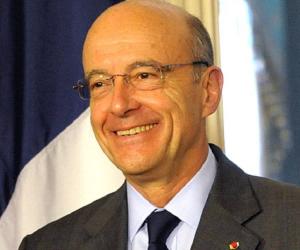
Son of a Gaullist resistance fighter, Alain Juppé studied classical literature before joining politics. He served as the mayor of Bordeaux and handled the ministries of defense and foreign affairs before becoming the prime minister of France. He is now part of the French Constitutional Council.
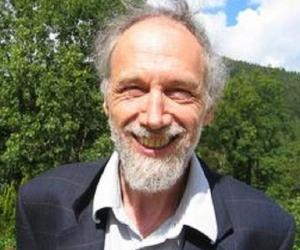
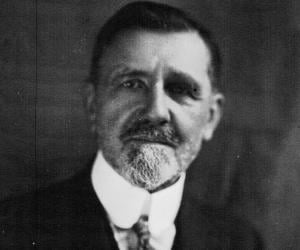
Gabriel Lippmann was a Franco-Luxembourgish inventor and physicist who won the Nobel Prize in Physics in 1908. He is also remembered for inventing an astronomical tool called the coelostat. Lippmann was an influential physicist from Luxembourg; an Institute for scientific research in Luxembourg City was named after him. The Institute was later renamed Luxembourg Institute for Science and Technology (LIST).
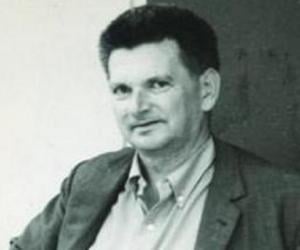
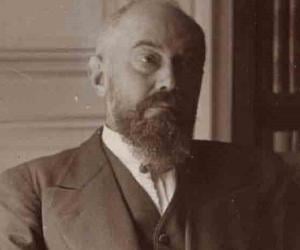
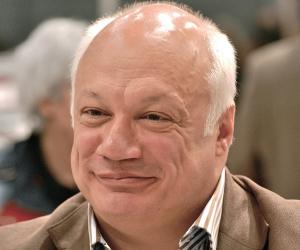
French-Belgian playwright and author Éric-Emmanuel Schmitt was born to physical education teachers but surprisingly developed a passion for theater instead of sports. He began his career as a philosophy teacher. His notable works include Oscar and the Lady in Pink and the Molière Award-winning Le Visiteur.
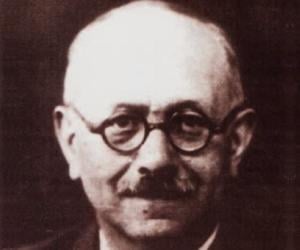
Marc Bloch was a French historian and founding member of a group of influential historians, which came to be known as the Annales School. Over the course of his illustrious career, Bloch published many of his works on Medieval France. He also taught at prestigious universities like the University of Strasbourg, the University of Montpellier, and the University of Paris.
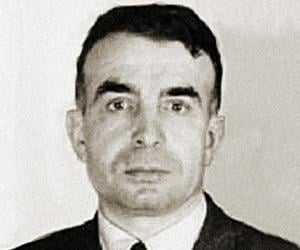
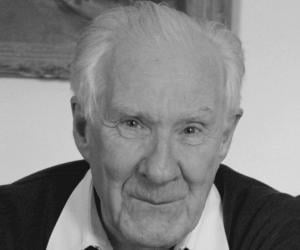
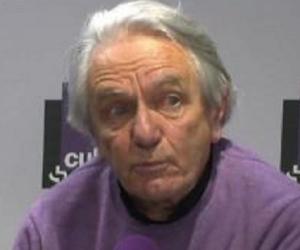

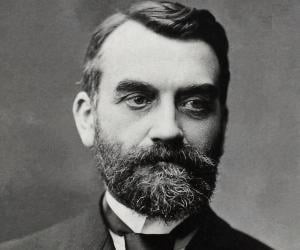
French geographer Paul Vidal de La Blache is largely considered the founding father of modern French geography. He originated the concept of genre de vie. Apart from working as a geography professor at Sorbonne, he penned iconic works such as Tableau de la géographie de la France.
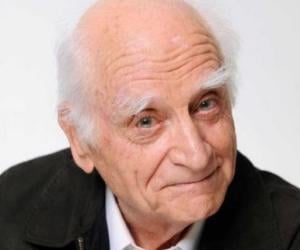
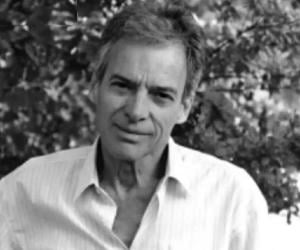
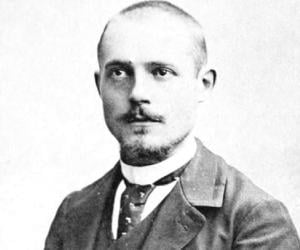

Jacques Le Goff was a French author and historian who specialized in the history of the medieval period. An ardent supporter of the Annales School movement, Le Goff headed the School for Advanced Studies in the Social Sciences from 1972 to 1977. Le Goff was honored with several prestigious awards like Dan David Prize Award and Dr. A.H. Heineken Prize.
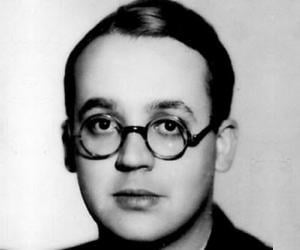
Robert Brasillach was a French journalist and author best remembered for his work as an editor for a nationalist newspaper named Je suis partout, which supported various fascist movements. Robert Brasillach was executed in 1945 following the liberation of France in 1944. He was executed for advocating denunciation, collaborationism, and incitement to murder.
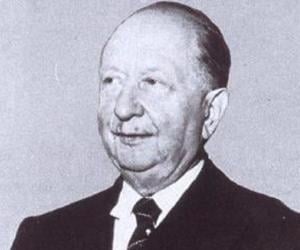
Lucien Febvre was a French historian best remembered for playing a major role in the formation of the influential Annales School of history. Along with his friend and colleague Marc Bloch, Lucien Febvre founded a scholarly journal named Annales in 1929, which became associated with their distinctive style of history.
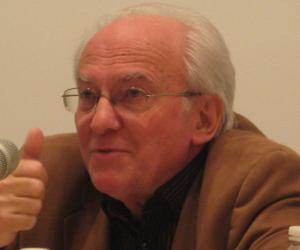
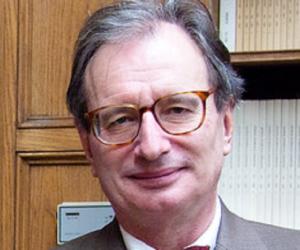
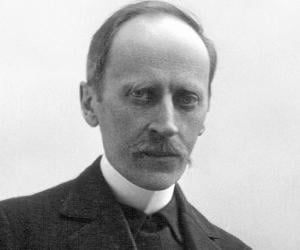
Romain Rolland was a French novelist, essayist, dramatist, mystic, and art historian. In 1915, Rolland was honored with the prestigious Nobel Prize for Literature. One of the most important supporters of Josef Stalin, Rolland is also remembered for his significant influence on Austrian neurologist Sigmund Freud.
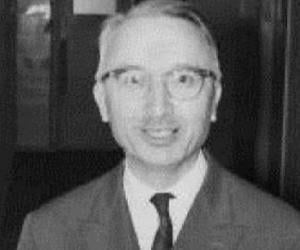
Jean Baptiste Perrin was a French physicist who won the prestigious Nobel Prize for Physics in 1926. He is credited with confirming the atomic nature of matter. Jean Baptiste Perrin also served as a professor at the University of Paris for many years.
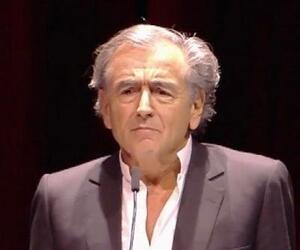
Bernard-Henri Lévy is a French intellectual best known as one of the leaders of the New Philosophers movement in 1976. Over the years, Lévy's political activism, publications, and opinions have been the subject of controversies. Bernard-Henri Lévy's works have also been translated into numerous languages including English.
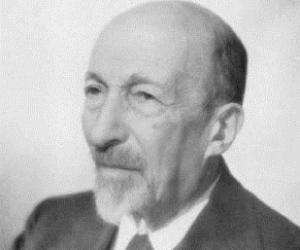
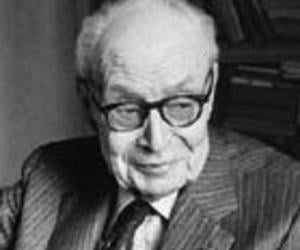
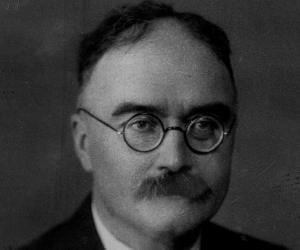
Maurice Halbwachs was one of the few French sociologists to work empirically. One of the brightest students at École Normale Supérieure, he later joined socialist movements. Though appreciated for his work on memory and its social conditions, he was detained by the Nazis and died in the Buchenwald concentration camp.
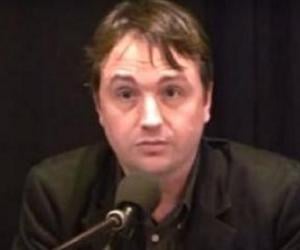
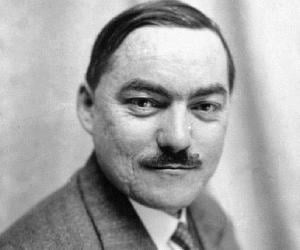
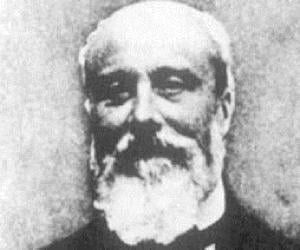
Noted for his view that every physical theory should be derivable from thermodynamic first principles, French theoretical physicist Pierre Duhem was also an eminent historian and philosopher of science, producing groundbreaking work in medieval science. Equally known for his work on relation between theory and experiments, he also established that it is impossible to test a scientific hypothesis in isolation.
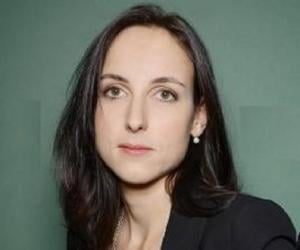
French economist Julia Cagé specializes in political economy, industrial organization and economic history. An Assistant Professor of Economics in the Department of Economics at Sciences Po Paris, she is also a research affiliate at the Center for Economic and Policy Research and the Co-director of the "Evaluation of Democracy" research group of the Laboratory for Interdisciplinary Evaluation of Public Policies.
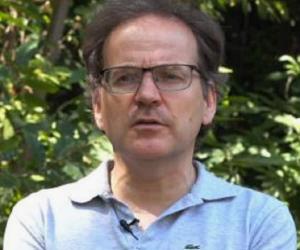
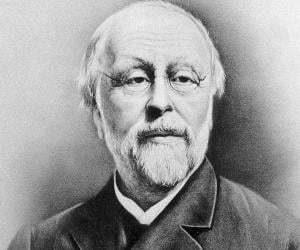
Hippolyte Taine was a French critic and historian who was the chief theoretical influence of French naturalism. One of the first practitioners of historicist criticism, he was also a major proponent of sociological positivism and made attempts to provide a scientific account of literature. He had a special relationship with novelist Émile Zola and corresponded with the philosopher Friedrich Nietzsche.


